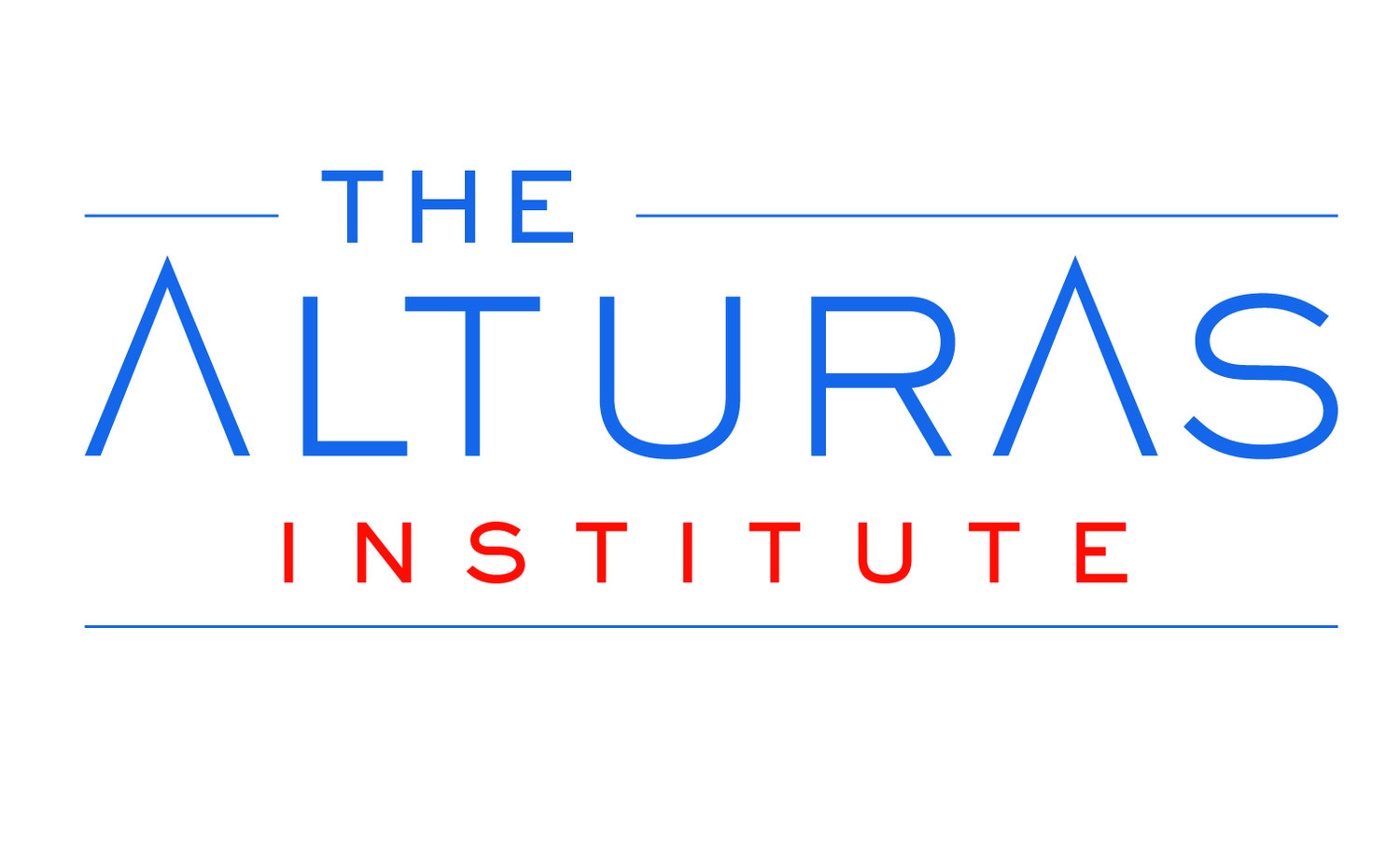Ask Tara Westover where she went to college, and you'll probably assume she'd been preparing for it since kindergarten.
She graduated magna cum laude from Brigham Young University in 2008, received the prestigious Gates Cambridge Scholarship award, earned an MPhil from Trinity College, was a visiting fellow at Harvard University and was awarded a Ph.D. in history from Cambridge University.
And yet, Westover spent her childhood growing up on a quiet mountain in rural Idaho, raised by zealous, survivalist parents in a strict version of the Mormon faith; fully believing, for a time, that she would never go to school.
And she did not - not until she was 17 years old, at the persuasion of her older brother. She entered college not knowing what the word “Holocaust” meant or what the Civil Rights Movement was, and for a while, shared her father’s paranoia of the evils of the government, the Illuminati and modern medicine.
Westover details all of this and more in her debut book, “Educated,” a memoir in which she examines the ways her lack of a formal education as a child impacted her life as a young adult.
In it, she tells of her father’s paranoia surrounding liberal infiltration of public schools, medicine and even the church-owned college she pursued. Rather than attend school like her peers, Westover stayed at home with her family, helping her mother concoct herbal remedies or assisting her father in the junkyard. But she could not shirk her own desire to attend school.
It was a situation that could stifle any child’s voice, and Though Westover eventually found hers, she said, in an interview with the Alturas Institute this month, that she is not sure exactly when that happened. To many people, she said, having a voice is about having both the standing to speak and the standing so others will listen.
“For many years we’ve had certain groups of people, including many, many women, who lacked that standing either in their own minds or in the minds of others, or both,” Westover said. “For those women, to find their voice means to reject the limitations that have been put on them by other people; it is also to reject the limitations that they have put on themselves by allowing others to define them.”
This last year has stretched Westover. Since the publication of “Educated” early this year, Westover’s account of the of the events of her childhood have been read by thousands of strangers. She has been acclaimed by critics from the New York Times, the Wall Street Journal and USA Today, gone on book tours across the country and was even featured in Vogue.
“I wrote a book, quietly, by myself, and suddenly people started listening to me,” Westover said. “No one was more shocked than I was.”
While her voice is finally heard in “Educated,” Westover said finding it was a gradual process. Part of that process is recounted in her memoir, in which she recalls being persuaded against her inner thoughts and desires by other members of her family. She also examines the ways in which her years-long subjection to her father’s strong opinions continued to shape her own understanding of the world, even after she left his house and became open to an education.
Before putting her story to paper, Westover found the details of her upbringing ugly, meaningless. “Educated” recounts numerous instances of abuse by family members, traumatic experiences, embarrassment, gaslighting and shame. Westover said she needed to turn the grisly details into something she could live with in the end.
“That was my whole aim,” Westover said. “It’s wonderful that others find value in it - that people are so profoundly capable of empathy that they can read a story about a stranger and find themselves in it - but when I was writing, I wrote for myself. Not so much to make sense of my life, but to try to make art out of it. To make it beautiful, even if some of the beauty was mournful.”
While the rest of her year is packed with upcoming book tours, Westover is already planning future projects. She has taken an interest in rural education, saying the topic could take up a large portion of her next year, possibly in the form of a writing or documentary project.
"I'd like to shed some light on it, try to bring the unique challenges facing rural kids more into the general consciousness," Westover said.
For more information on Tara Westover, visit https://tarawestover.com/.


